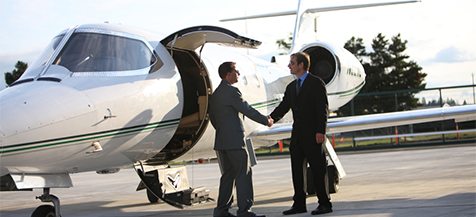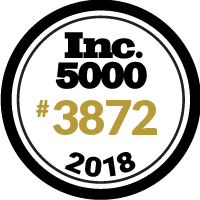Using Your Plane for Business: What You Should Know
Nov 21, 2016

Owning your own plane can be a source of freedom and a point of pride. Owning your own plane can also be a means to make an income. If you have considered using your plane to make some side cash or even changing your career path to get more time in the air, there are a few things you should know before getting started.
Types of Aviation Businesses
The most common type of aviation business that generally comes to mind is jet charter service. While you certainly can make money by using your plane as a passenger air carrier, there are many other aviation business opportunities. You can rent your plane out, use your plane for aerial photography, offer flight lessons, or tow banners to make money depending on your interests and preferences.Insuring Your Aircraft
All aircraft must be insured, but the type of insurance that each aircraft is required to carry may vary depending on the aircraft’s categorization, your experience, and other factors. When you use a plane for business, those requirements may change to include passenger liability insurance if you will be carrying passengers. If you fly out of the country for business, it may also change your insurance requirements. Using your plane for business may require you to carry numerous types of aviation insurance, including:- Ground risk hull not in motion insurance
- Ground risk hull in motion insurance
- Hangar keepers insurance (if you keep the plane in your own hangar)
- Public liability insurance
- Passenger liability insurance
- In-flight insurance
- International liability insurance
Aviation Business Tax Considerations
If you use your plane for business, you will of course be required to pay income taxes on any income earned. Since the plane cost money to acquire and costs money to maintain, you will want to claim deductions against that income to lower the amount of tax that you owe at the end of the year. While there are some deductions allowed, not all aircraft expenses can be counted as deductions.Hobby Loss Rule
The IRS realizes that many private pilots use their plane to make money on activities that they actually perform as a hobby aside from the business venture. As such, the IRS is strict about only allowing expenses that are directly related to earning income from the activity. The allowable expenses may get confusing, so it is a good idea to work with an accountant that is experienced with aviation businesses. Starting a business using your aircraft could be financially lucrative and enjoyable. It is important to make sure that you understand the ins and outs of the business and that all of your aviation insurance needs are covered before getting started, however. Call a local aviation insurance agency to find out more about insurance needs for aviation businesses.For informational purposes only.

